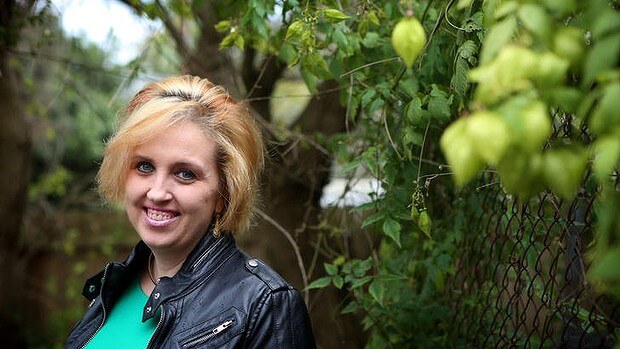Melanoma treatment triples life expectancy
Source: The Sydney Morning Herald, September 2014

Source: The Sydney Morning Herald
Melanoma has gone from being Australia’s national shame to the poster child of cancer treatment in less than half a decade, as new ways of attacking cancer have been developed.
Four years ago, patients who were diagnosed with stage four melanoma – where the cancer had spread to other parts of the body – were given only six to nine months to live.
The prognosis for such patients had been stagnant for 40 years while survival rates in almost every other type of cancer improved.
But now more than half the patients trialling a combination of two targeted drugs are still alive two years after beginning the medication, and 12 per cent have moved into complete remission.
Melanoma Institute’s Associate Professor Georgina Long, who developed the drugs and recently presented the results to the American Society of Clinical Oncology in Chicago, said only 10 to 15 per cent of melanoma patients could not be cured with surgery, but for those people the cancer was deadly.
Melanoma was fertile ground for research because survival rates were previously so dismal.
“When I wrote my first grant for my first job, melanoma was the most unsexy cancer you could treat because there was no treatments for it".
“It was so bad, we had to solve it," said Professor Long, who now advises a number of pharmaceutical companies developing melanoma drugs.
“We had to find a breakthrough, and we did".
The majority of melanoma patients are able to have the cancer treated before it moves to their lymph nodes, but about 1500 die from melanoma in Australia every year.
Chemotherapy, which was previously the only treatment option for melanoma patients, was notoriously ineffective. It operated by blasting all the cells, healthy or otherwise.
The new treatments target the specific genetic flaws that cause the cancer to grow.
Professor Long, who sees about 150 patients a month, said it used to be a good result if they were still alive at the end of the year.
“Now we’re hitting three, four years," she said.
“That’s more than tripling your life expectancy. But I want to go further than that.
“I get a lot of mums and dads with young kids, I have a lot of 26 year olds. This is Australia’s issue."
Lydia Kassouaa, 46, would have been dead months ago if she had not been placed on the trial.
Diagnosed with melanoma six years ago, it was originally cut out at the expense of her toe, but it returned a year later.
She had further surgery on her foot, but it returned again, this time in clusters, moving up her ankle towards her groin.
Two years ago, she had five tumours between her groin and her neck.
She also had two children, then aged 12 and 10.
Professor Long put her on the drug trial and the cancer has disappeared.
“I was shocked, scared, frightened," said Ms Kassouaa, who was previously opposed to any kind of drugs including Panadol.
“We’ve come a long way."
A second trial involves immunotherapies, where instead of targeting the cancer cells the drug targets the person’s T-cells and stimulates them to fight the cancer.
One such drug was approved by the Food and Drug Administration in the US on Thursday – the first country to have done so.
“This is like a penicillin moment," Professor Long said.
Professor Long won the Wildfire Award at the NSW Premier’s Awards for Outstanding Cancer Research last month.
